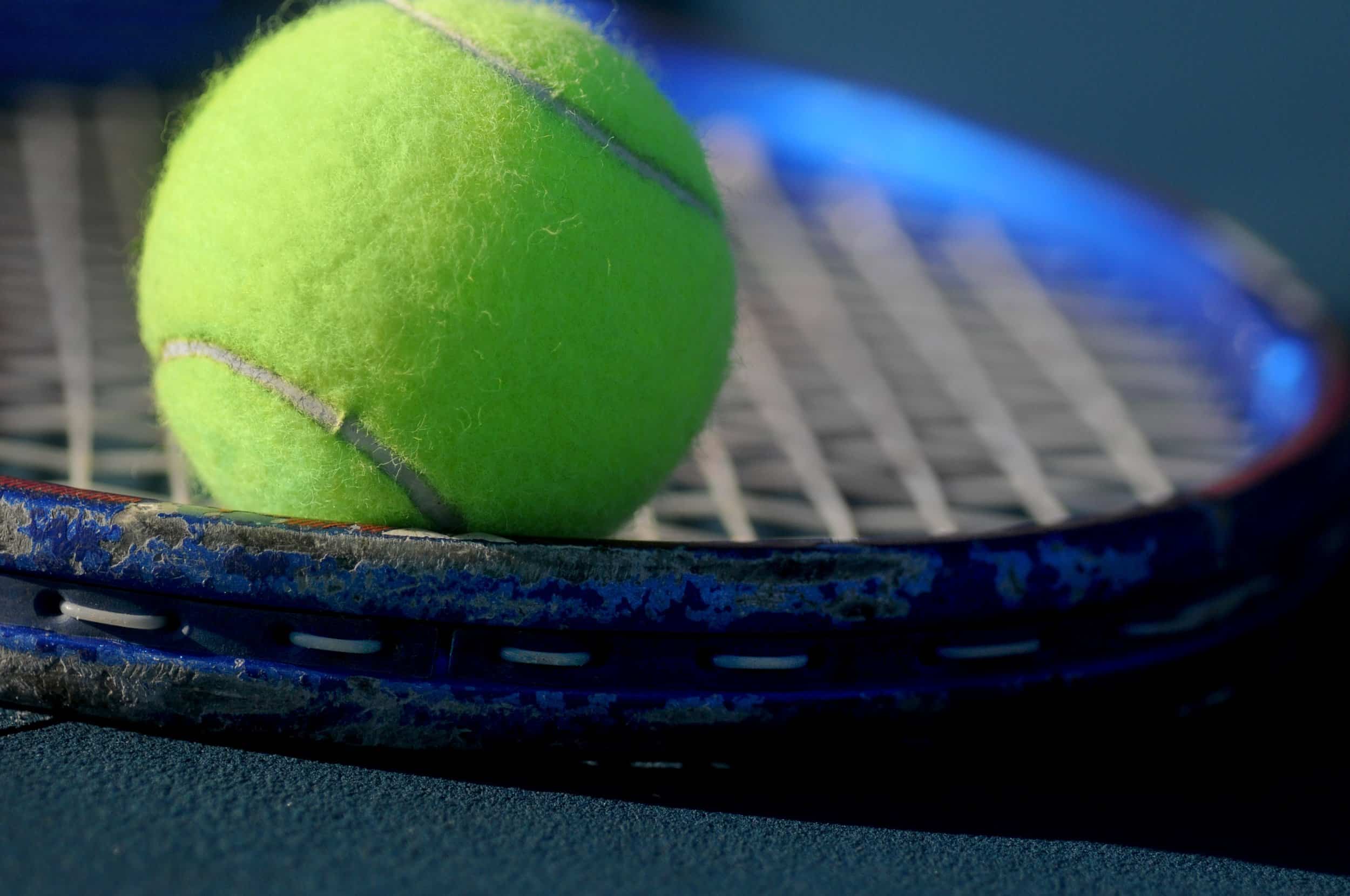
OPINION: Why Serena Williams was wrong to cry sexism
Jazmyne Boozer, Managing Editor
The views and opinions expressed on in this article are solely those of the original author. These views and opinions do not necessarily represent those of The Vision NGU or North Greenville University.
Photo by Ben Hershey on Unsplash.com
Serena Williams. Her name alone is enough to strike fear and intimidation into the heart of her competitors. The twenty-three-time grand slam winner is a monster on the court. At 31, Williams has won seven titles at the Australian Open, seven at Wimbledon, and eight at the U.S. Open according to statistics kept by Wimbledon. It is with no bravado that one can say that Serena Williams is perhaps one of the most athletic women this world has seen. In fact, this writer believes that her name could easily be paired with some of the greats (Lebron James, Tom Brady, Rafael Nadal) as far as dominance of her game goes. The stage is always set around the greats and tennis is Williams’ stage.
This lies the main problem with Williams’ defeat in the finals of the U.S. Open. Naomi Osaka, a new star of tennis defeated her idol at the age of 20. However, the narrative is not focused on the young star’s rise to success; no, the narrative actually lies around a completely ridiculous outburst by the former champion.
It all started with a completely legal and correct call made by the umpire, Carlos Ramos. Coaching is illegal during a tennis match. Anything from a hand signal, to a cough, to a minor twitch can and should be penalized by the umpire. However, in most tennis matches, the greats are overlooked when it comes to this rule. Nevertheless, this rule still stands. Ramos, seeing a hand signal from Williams’ coach, called for a penalty. Rather than admit to her failing or just take the penalty quietly, Williams decided to throw a tantrum for the remainder of the match.
She immediately played the sexism card. Which, during the height of the #MeToo movement, it stuck. The problem is that Serena is completely wrong about Ramos being sexist. Ramos is known for being a harsh judge. In fact, in this year’s Wimbledon, Ramos gave Novak Djokovic a code violation for slamming his racket. ESPN analyst, Will Cain, also gives reference to the 2016 Olympics in which Ramos gave Andy Murray a code violation for saying his umpiring was stupid. Furthermore, Cain gives a reference to the 2016 French Open when Ramos called out Venus Williams for receiving coaching. Ramos always has “inserted himself” into very important matches for minor calls. He does not discriminate. Whether it is a man, or woman, incredibly famous or not, or even between importance of matches; Ramos will make the tough call.
Furthermore, for the champion to act in the manner that she did was completely inappropriate. The irony of her saying “You’re attacking my character” then proceed to call him a ‘thief’ and a ‘liar’ is deplorable. Especially since the call was correct. Serena’s coach, Patrick Mouratoglou admitted to coaching Williams during the game. In fact, he stated “I was coaching…like one-hundred percent of coaches in one-hundred percent of matches”. Williams had the audacity to state during the match “I don’t cheat to win, I’d rather lose” and “I have a daughter and I stand what’s right for her and I’ve never cheated”. With Serena calling him a thief and liar, Ramos made a call for Osaka to win one game of six for badgering the referee.
Now, given the fact that Ramos is known for minor calls across the board, Williams should have prepared for that. Part of preparing for a match is knowing your umpire and how he or she calls. On top of that, two wrongs never make a right. It does not matter if Williams or anybody else feels that if she were a man she would not have gotten the call. The bottom line is that what she did was wrong. She attacked the umpire verbally and called him outside of his name which was almost a repeat of Williams performance at the U.S. Open back in 2009, when she verbally attacked a lineswoman. What Williams did was against the rules and Ramos made the right call.
What seems to be the greatest tragedy above all, is that the narrative still surrounds Williams. Osaka, a mere twenty-year-old beginner beat the best and most dominant tennis player in the world. That should be on the front page of every sports news site. Sure, Osaka was given a game, but Williams gave it to her by acting like a poor sport. It is a shame that a former champion would behave so poorly and make the match all about her, even after she lost.
The mark of a great champion is not just their astounding record or the dominance of the game; it is their character during defeat. That’s why this writer no longer sees Serena Williams as a great champion. Rather, I see her as a coward and sore loser.

